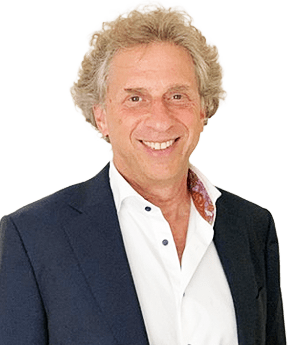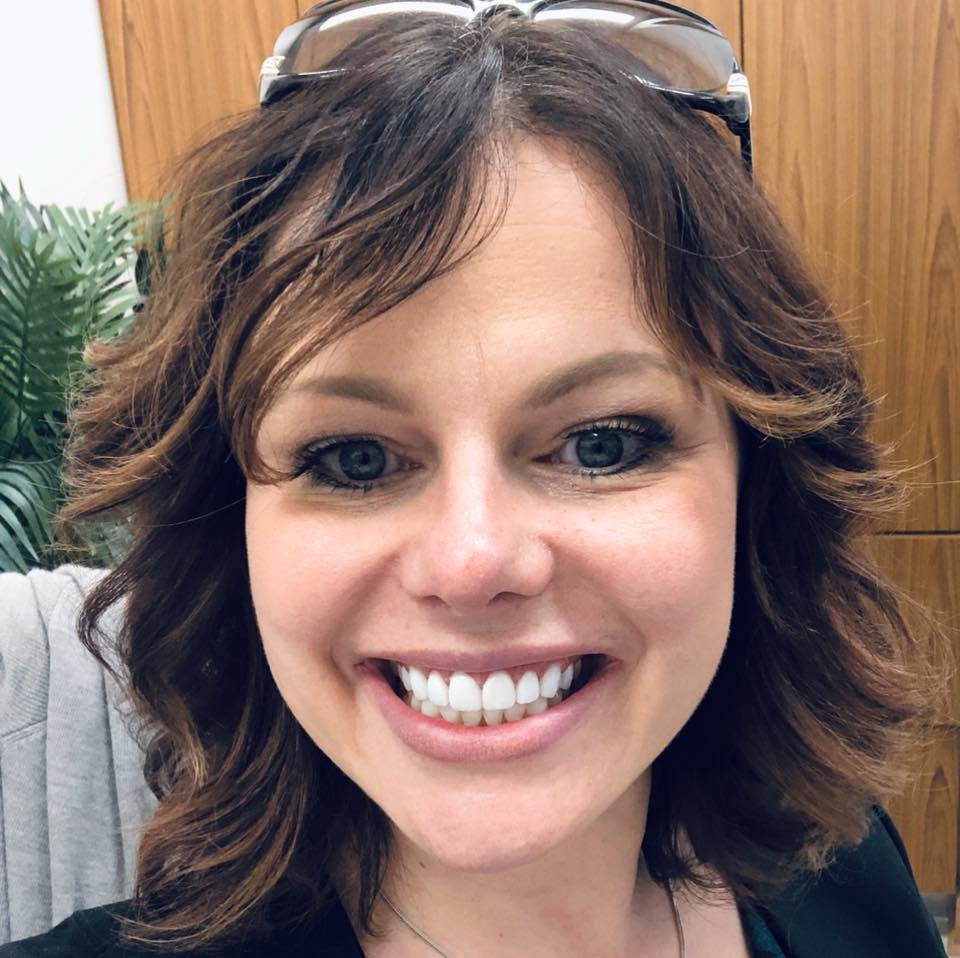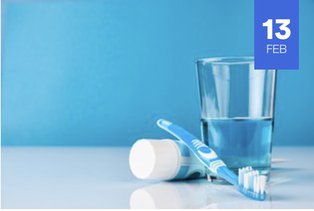
Should You Use Mouthwash Before or After Brushing?
Key Takeaways:
Mouthwash can enhance your oral hygiene routine, but it doesn’t replace brushing or flossing.
Timing matters: Use mouthwash at a different time than brushing to avoid rinsing off fluoride.
Choose the right mouthwash based on oral health needs (e.g., fluoride, alcohol-free, or antibacterial).
Always consult your dentist for personalized advice.
Many people wonder: should you use mouthwash before or after brushing? This simple question has sparked debates among dental professionals and oral hygiene enthusiasts. While mouthwash can improve oral health, using it at the wrong time may reduce effectiveness. Let’s break down the best way to incorporate mouthwash into your routine.
Should You Use Mouthwash Before or After Brushing?
Mouthwash timing is more critical than most people realize. According to dental experts, using mouthwash right after brushing can wash away the fluoride left by toothpaste, reducing its protective benefits.
Expert Insight: Dr. Amir Guorgui, a leading dental specialist, explains: “Mouthwash works best when used separately from brushing, as it prevents washing away the fluoride from toothpaste, which strengthens enamel.”
While the Mayo Clinic suggests using mouthwash whenever it feels convenient, organizations like the NHS recommend avoiding mouthwash immediately after brushing. The key takeaway is to use mouthwash at a different time of day, such as after meals or between brushings, to maximize its benefits.
Do I Need To Rinse with Mouthwash?
It’s important to first address that rinsing your mouth with mouthwash isn’t a substitute for regular brushing and flossing your teeth. Mouthwash, however, can help amplify the benefits of maintaining good oral hygiene.
Expert Insight: Dr. Rob Eisen notes: “While mouthwash is a great addition to your daily routine, it’s no substitute for brushing and flossing. Think of it as a supporting player for your oral health.”
Also, when you have difficulties in proper brushing and flossing your teeth for one reason or another, mouth rinse can protect your mouth from bacterial build up and help reduce risks for tooth decay or cavity. Obviously, mouthwashes can also help to freshen breath and reduce foul mouth odor (or halitosis).
Different mouthwashes, however, can provide different benefits. Some might only function to freshen breath, and others might have antibacterial qualities. Specific mouthwash, prescribed by your dentist, can help in special conditions like fungal infections.
A mouth rinse, however, can’t cure serious problems like a severe tooth cavity, dental abscess, or gum disease. Persistent bad breath or halitosis is usually a sign of underlying oral health problems, so see your dentist immediately.
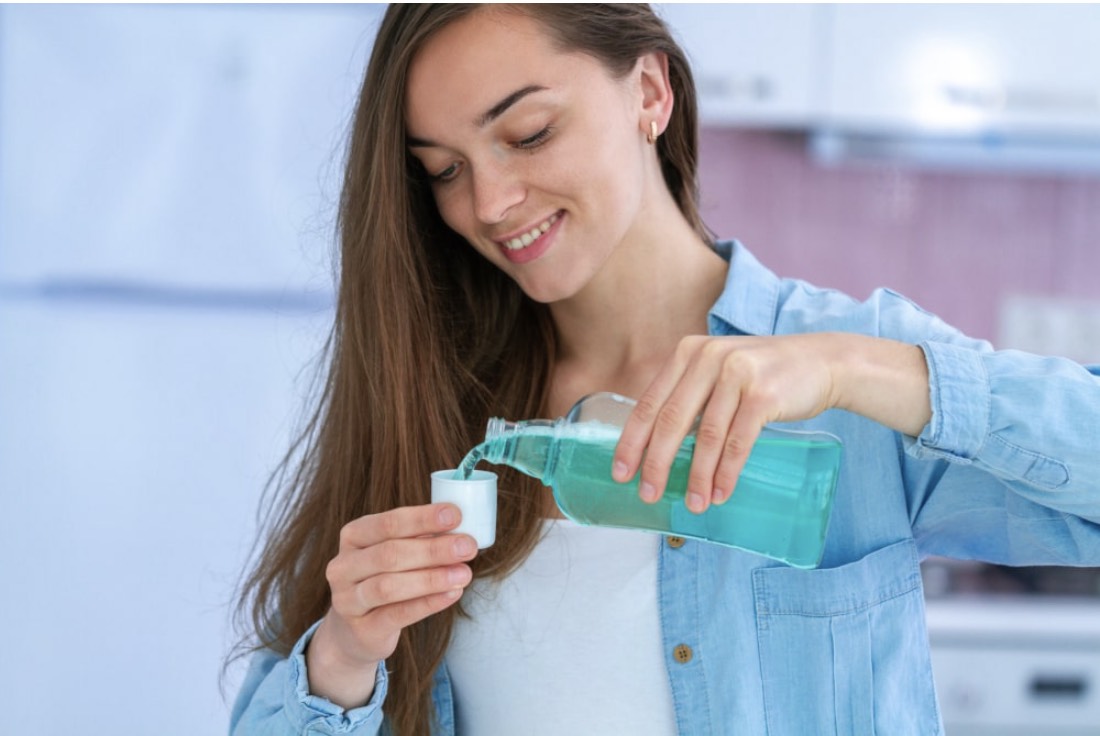
Choosing the Right Mouthwash for Your Needs
Not all mouthwashes are created equal. Here’s how to choose the best one:
Type | Benefits |
Fluoride | Strengthens enamel and prevents decay. |
Alcohol-Free | Reduces dry mouth and irritation. |
Antibacterial | Fights plaque and gum disease. |
Whitening | Helps reduce surface stains. |
Natural vs. Alcohol-Based Mouthwash: Which Is Better?
Alcohol-based mouthwash can effectively kill bacteria, but it may cause dry mouth and irritation for some people. Natural, alcohol-free alternatives are gentler and better for those with sensitive gums or dry mouth.
Do’s and Don’ts of Using Mouthwash
Here are some tips to get the most out of your mouthwash:
Do’s:
Use mouthwash at a separate time from brushing.
Swish for at least 30 seconds.
Choose a mouthwash that meets your needs (fluoride, antibacterial, etc.).
Don’ts:
Don’t swallow mouthwash.
Don’t use mouthwash immediately after brushing.
Avoid alcohol-based mouthwashes if you have sensitive gums.
Common Mouthwash Ingredients and Their Use
As mentioned above, check the mouthwash’s label carefully for the ingredients included in the mouthwash, and their benefits.
Here are the common ingredients included in a mouth rinse product:
Fluoride: the most common, and probably the most famous. Fluoride can reduce bacterial buildup, reducing risks of tooth decay and cavities
Astringent salt: a form of deodorizer, can freshen your breath and temporary ‘cover’ foul odor.
Odor neutralizer: as the name suggests, can help neutralize the cause of halitosis
Whiteners or bleachers: for example, mouthwash containing peroxide can help remove stains from your teeth, as well as preventing stains from building up.
Antimicrobials: the mouthwash contains ingredients that can kill bacteria in plaque buildup. It can also help in treating early-stage gum disease (gingivitis).

How Mouthwash Works
Above, we have discussed that different mouthwash can include different ingredients and thus provide different benefits. Some are solely purposed to eliminate bad breath, some protect your teeth against decay and cavity, and so on.
In general, however, there are several main considerations in using the mouthwash and choosing between different types:
Anti-plaque ingredients: some mouthwashes offer plaque control functions, preventing plaque build-up while at the same time might also contain antibacterial ingredients to eliminate bacteria in this plaque. If you have oral health issues related to plaque, for example, if you are currently suffering from gingivitis, you might want to ask your dentist for suggestions about plaque control mouthwash to use.
Your tooth and gums sensitivity: people with overly sensitive gums and are currently suffering from tooth sensitivity might find certain types of mouthwash irritating or even too painful to use. Some mouthwashes contain natural ingredients like chamomile, green tea extracts, or aloe vera for a more relaxing effect. If you are currently recovering from a dental procedure (i.e. tooth extraction), ask your dentist for the right mouth rinse that is more ‘soothing’.
Alcohol: Alcohol is a common ingredient of many types of mouthwash, due to its antibacterial and refreshing qualities. However, alcohol can produce two main issues: first, it can be problematic when swallowed—especially by children—, second, alcohol can reduce saliva production and cause mouth dryness. So, if your household includes children or teens, you might want to opt for alcohol-free mouthwash products.
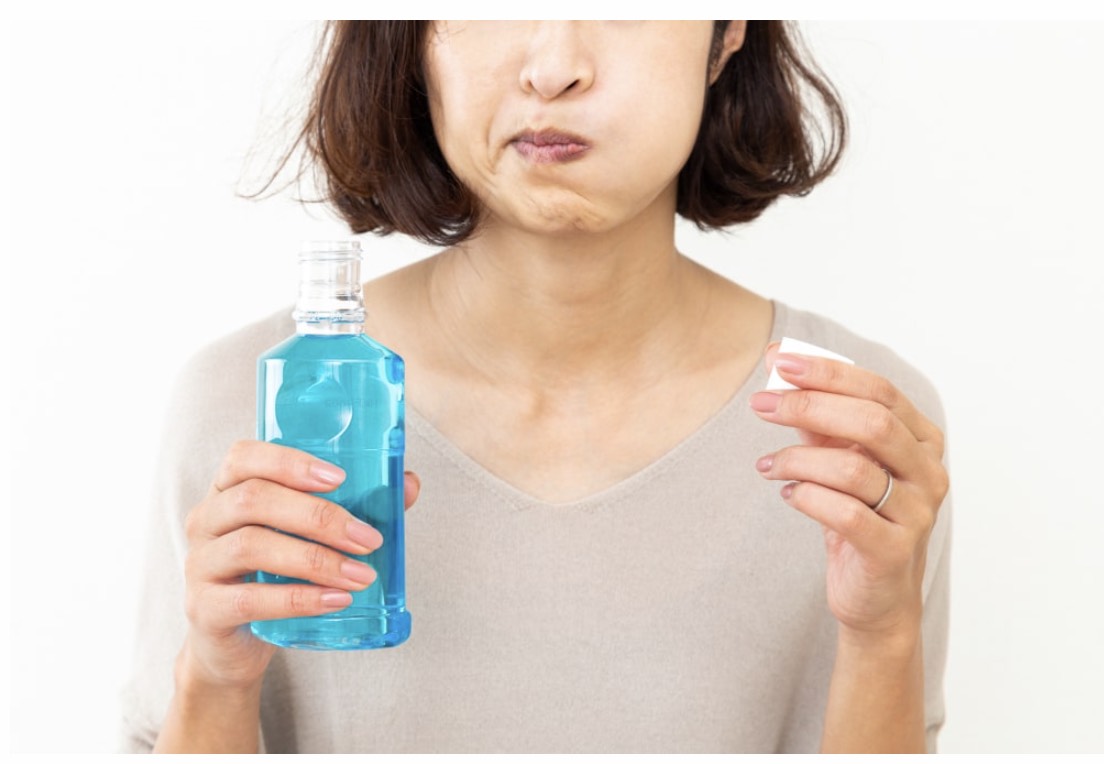
How and When To Use Mouthwash?
Read the label of each product carefully, as most products will provide a step-by-step instructions on how to use it.
How, to use mouthwash:
Use only the right amount, as indicated on the mouthwash’s label or as prescribed by your dentist
Keep your mouth closed and swish the mouthwash for 30 seconds to 1 minute or as instructed by the label.
Do not swallow. Mouthwashes can contain toxic materials when swallowed in a large amount, keep it away from a child’s reach, and supervise your children when using mouthwash.
Avoid drinking or eating (and smoking) for 20 to 30 minutes after rinsing your mouth so you don’t rinse away the fluoride and any beneficial substances.
Also, rinse your mouth for at least half a minute. Less than that, and it might not produce enough benefits. Be patient and use the mouthwash for at least a few weeks before you see significant results.
When incorporating mouthwash into your oral care routine, you might wonder whether it is best to use it before or after brushing your teeth. This is a common question without a straightforward answer, as scientific research on the subject is limited, and recommendations from reputable organizations vary.
The Mayo Clinic suggests using mouthwash after brushing and flossing. Conversely, the National Health Service (NHS) advises against using mouthwash immediately after brushing, as it can rinse the fluoride from your toothpaste. Instead, the NHS recommends using mouthwash at a different time of day.
Ultimately, the best approach may be to experiment with different routines to see what works best for you and consult your dentist for personalized advice.
End Words
Mouthwash can certainly provide additional benefits to your existing oral health routine, especially in eliminating bad breath and preventing bacterial buildup. You shouldn’t however, treat mouthwash as a complete replacement to brushing your teeth i.e., rinsing your mouth before sleep because you are too lazy to brush.
Nowadays, there are plenty of choices to choose from between many different types of mouthwash, so it’s important to choose the right one according to your needs or priorities.
FAQs About Mouthwash Usage
Q: Can mouthwash replace flossing?
A: No. Flossing removes food particles and plaque between teeth, which mouthwash cannot do.
Q: What happens if I swallow mouthwash?
A: Accidentally swallowing a small amount is harmless, but consuming larger amounts can be harmful. Keep mouthwash out of children’s reach.
Q: Is alcohol-free mouthwash better for dry mouth?
A: Yes, alcohol-free mouthwashes are gentler and prevent further dryness.
Q: How often should I use mouthwash?
A: Most mouthwashes can be used once or twice daily. Follow the instructions on the label or your dentist’s advice.
Q: Can I use mouthwash after every meal?
A: Yes, but avoid overusing mouthwash, as it can disrupt the natural oral microbiome. Stick to dentist-recommended usage.
Q: Is mouthwash safe for children?
A: Children under 6 years old should avoid mouthwash due to the risk of swallowing. For older children, always supervise usage and opt for alcohol-free products.
Q: Can mouthwash whiten my teeth?
A: Whitening mouthwashes containing peroxide can help remove and prevent stains over time, but they won’t replace professional whitening treatments.
Q: Should I use mouthwash if I have sensitive teeth?
A: Yes, but choose a mouthwash formulated for sensitive teeth, often containing fluoride and soothing ingredients like aloe vera or chamomile.
